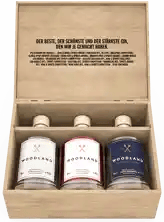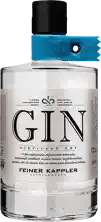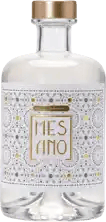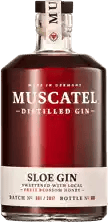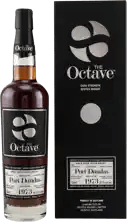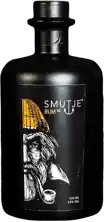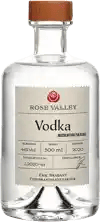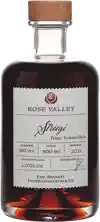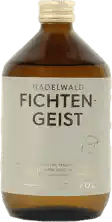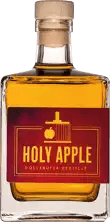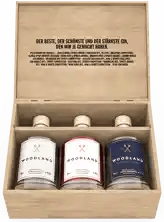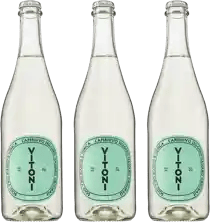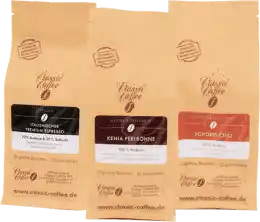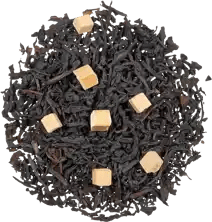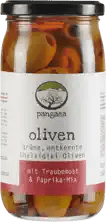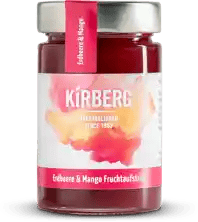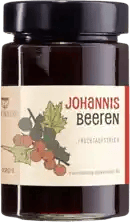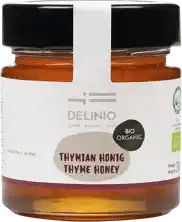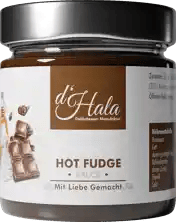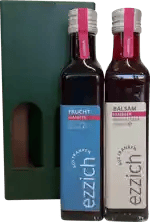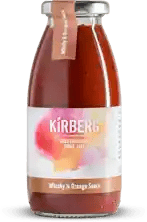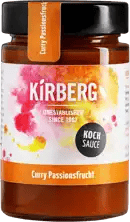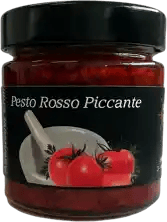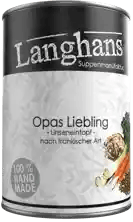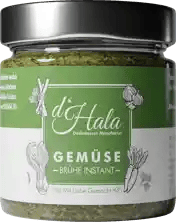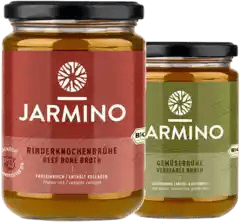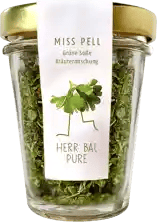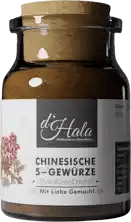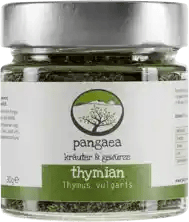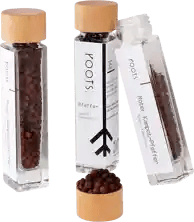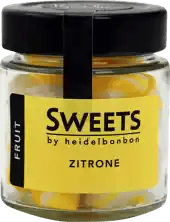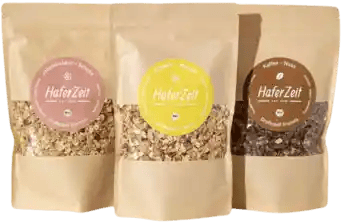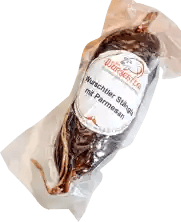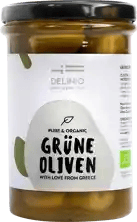Quality instead of quantity!
7,000 independent products
No mainstream
7,000 independent products
Helles - The classic among lager beers
Helles, also known as Munich Helles, is a traditional beer style from Bavaria. It is characterized by its light color, mild taste and balanced maltiness. Helles is a perfect beer for any occasion and enjoys great popularity both in Germany and internationally.
The history of Helles
Helles was created in Munich at the end of the 19th century in response to the growing interest in lighter beers. The Spaten brewery was one of the first to introduce this beer in 1894. Since then, Helles has become synonymous with the Bavarian art of brewing.
The special features of Helles
Helles is known for its clear, golden color and mild, balanced taste. It is brewed with bottom-fermenting yeast at low temperatures, resulting in a clean, refreshing beer. The use of high-quality malts gives the Helles its characteristic light sweetness, while the subtle hopping provides a pleasant bitterness.
Varieties of Helles
Classic Munich Helles
The classic Munich Helles is light, drinkable and perfectly balanced. It has a moderate bitterness and a malty undertone that is typical of the traditional style. Examples are Augustiner Helles and Hofbräu Original.
Export Helles
Export Helles is somewhat stronger and has a higher alcohol content than the classic Helle. It was originally brewed for export and is somewhat more intense in taste and body. Well-known examples are Löwenbräu Export and Paulaner Export.
The production of Helles
The production of Helles begins with the selection of high-quality malts, mainly Pilsner malt, which gives the beer its light color. The malt is crushed and mixed with water to convert the starch into sugar. After mashing, the wort is boiled and hops are added to give the beer its subtle bitterness and aroma.
After boiling, the wort is cooled and the bottom-fermenting yeast is added. Fermentation takes place at low temperatures, resulting in a clear, fresh beer. After primary fermentation, the beer is often stored at low temperatures for several weeks to refine and clarify the taste.
An important step in the production of Helles is filtration, which gives the beer its clear, golden color. After filtration, the beer is bottled and is ready to be enjoyed.
Helles and its importance in Bavaria
In Bavaria, Helles is more than just a beer - it is an important part of Bavarian culture and tradition. Helles is often enjoyed in beer gardens, at festivals and with traditional Bavarian dishes. It symbolizes the Bavarian way of life and is particularly appreciated in the region.
Enjoyment and storage of Helles
Helles should be served well chilled and in a clean glass to ensure the best taste. The ideal drinking temperature is between 6 and 8 degrees Celsius. Storing Helles requires a cool, dark place to preserve its freshness and aroma. Once opened, the beer should be consumed quickly to experience the full flavor.
When drinking a Helles, a well-formed head is a sign of a freshly tapped beer and contributes to the perception of taste. Helles goes perfectly with Bavarian specialties such as pretzels, veal sausage and pork knuckle and is a perfect accompaniment to social occasions.
Brilliant!

Bitte bestätige deine Anmeldung noch eben - du hast eine Bestätigungsmail von uns. Klicke darin auf den Link. Danach bekommst du deinen Rabattgutschein.


